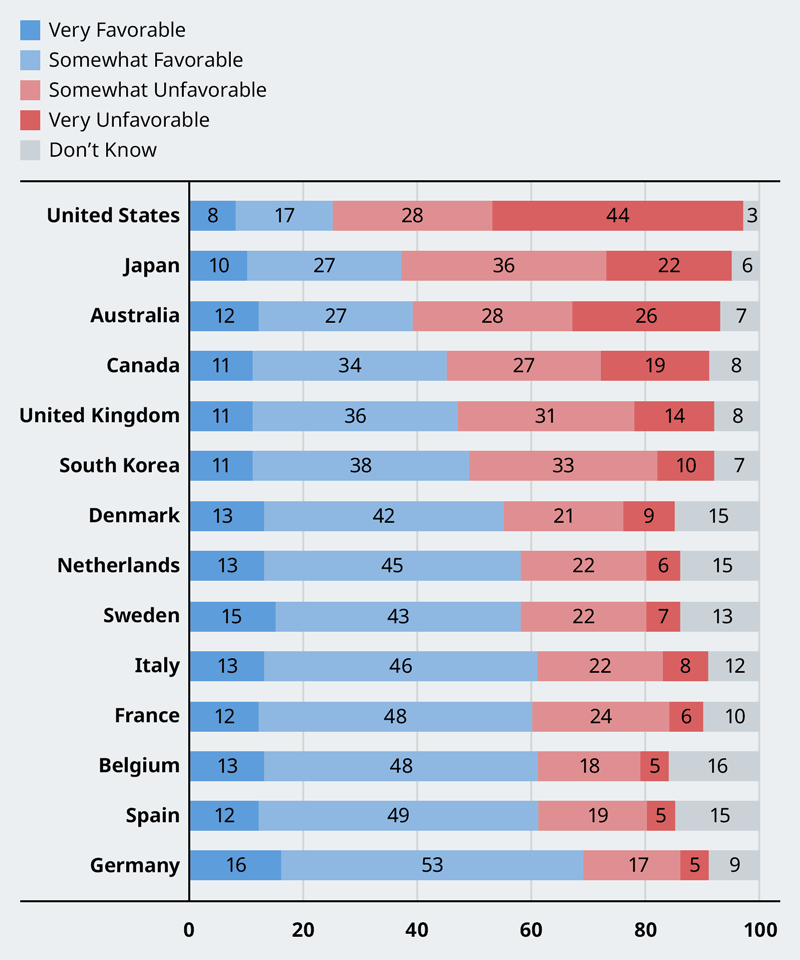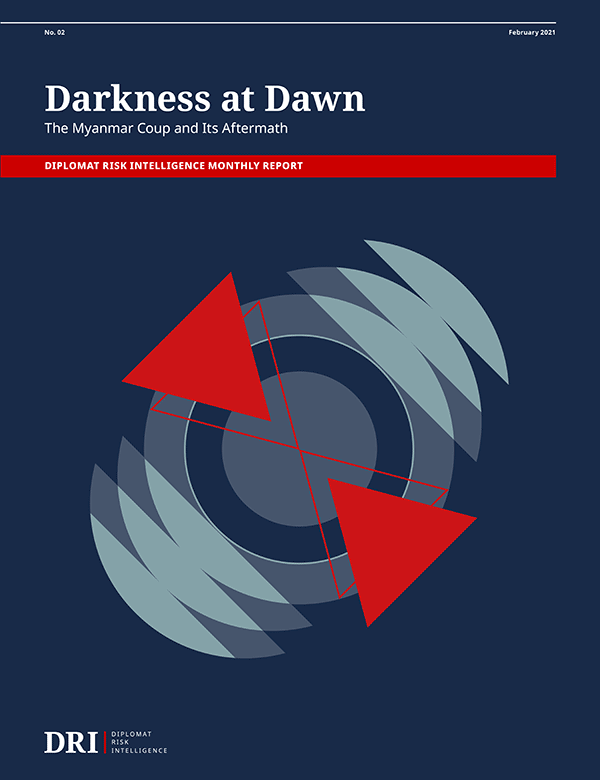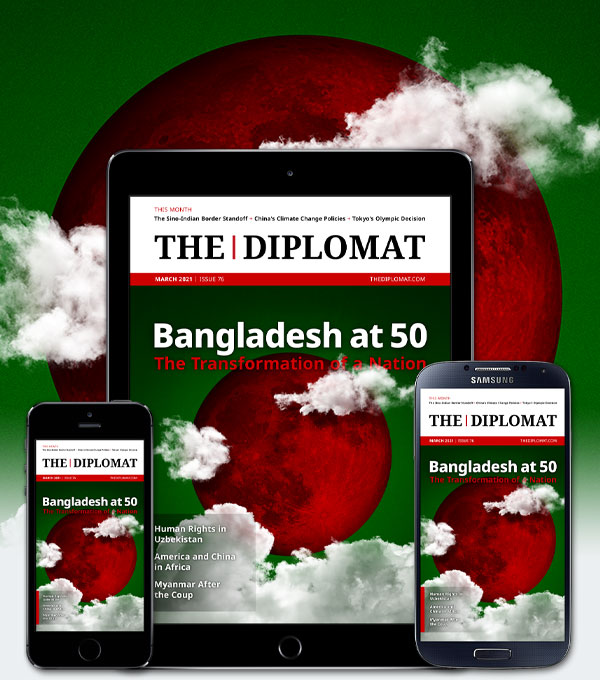| Welcome to the latest issue of Diplomat Brief. This week our top story looks at the “canary in the coal mine” for Hong Kong’s future as a global financial hub. We also have an interview with Jessica Donati, who covers foreign affairs and national security for The Wall Street Journal, about the impact of policy decisions made in faraway Washington, D.C. on the battlefields of Afghanistan. |
| Story of the week |  | ECONOMY The Litmus Test for Hong Kong’s Financial FutureWhat Happened: Worsening U.S.-China relations and increasing Chinese Communist Party control over Hong Kong combine to form a severe stress test for the city’s role as a financial hub. One important test case: The Tracker Fund of Hong Kong (TraHK), a hugely popular unit trust, is managed by a U.S.-based bank, State Street. The fund, made up largely of Chinese-based firms, now faces a difficult decision: whether or not to honor U.S. sanctions against Hong Kong-listed companies. Our Focus: “If State Street decides to abandon TraHK, it will send a clear signal to the global business interests in Hong Kong that the traditional ‘east meets west’ advantage can no longer hold, and may intensify the ongoing outflow of capital investment and talent,” writes journalist and political analyst Thomas Chan for The Diplomat. “…State Street’s fate with TraHK is the perfect canary for whether foreign financial institutions in Hong Kong should move on or pledge loyalty.” What Comes Next: State Street will have to decide how it wants to approach U.S. sanctions. Meanwhile, CCP leaders will have a choice of their own: keep State Street in place, or force it out in favor of a more compliant local firm. The former choice would go against Beijing’s drive for greater control – and reduced vulnerability to U.S. unilateral sanctions. But interfering with TraHK’s management might be the death knell for any notion of Hong Kong’s financial sector being free from political interference. Read this story |
| Behind the News | INTERVIEW Jessica DonatiJessica Donati, author of Eagle Down, on the quiet continuation of the “forever war” in Afghanistan: “The U.S. doesn’t want the media talking about the war, reporting on what is going on, or drawing attention to it... It is politically expedient to try to get the public to forget about it, and the way to do that is block access to journalists and refuse to disclose basic information about what the U.S. is doing, even when U.S. lives are lost.” Read the interview |
| This Week in Asia | Northeast Asia The Biden Administration’s Northeast Asia OutreachThis week is a busy one for U.S. engagement in Northeast Asia. Secretary of State Antony Blinken and Secretary of Defense Lloyd Austin are in Japan March 16-17 for their inaugural trips abroad. Next they travel to South Korea on March 17-18, followed by Blinken’s tete-a-tete with Chinese counterparts (and U.S. National Security Advisor Jake Sullivan) in Anchorage, Alaska on March 18. The interactions will set the tone for two critical U.S. alliances in Asia, as well as U.S.-China relations in the Biden administration. Find out more | South Asia British Prime Minister to Visit India in AprilPrime Minister Boris Johnson will be visiting India at the end of April, British officials announced ahead of the release of the U.K.’s Integrated Review on March 16. The review, the first of its kind in decades, re-examines Britain's foreign policy and security posture and “tilts” it toward the Indo-Pacific. As London reorients its strategic policy and focuses on the mega-region, India sits high among its priorities. However, there is a real risk that domestic politics, as well as fragmented elite opinion, could end up playing spoilsport when it comes to deepening ties. Find out more | Southeast Asia Protests Take Another Violent Turn in MyanmarOnce again, the Southeast Asian story to watch this week is in Myanmar, where last Sunday saw the bloodiest day since the military coup of February 1, and the imposition of martial law over large parts of Yangon. Around 138 people have now been confirmed killed by security forces since the military coup on February 1 – and likely many more – with no side showing any signs of backing down. The world is now scrambling to respond to what looks increasingly like an incipient civil war. Find out more | Central Asia Afghans Headed to Meeting in MoscowRussia last week invited representatives from China, Pakistan, the U.S., Taliban, and the Afghan government to Moscow for talks scheduled for March 18. U.S. Afghan envoy Zalmay Khalilzad is reportedly attending, as is a 16-member Afghan delegation that includes a former president, two former vice presidents, a reconciled insurgent leader, and just one woman. Find out more |
|  |





